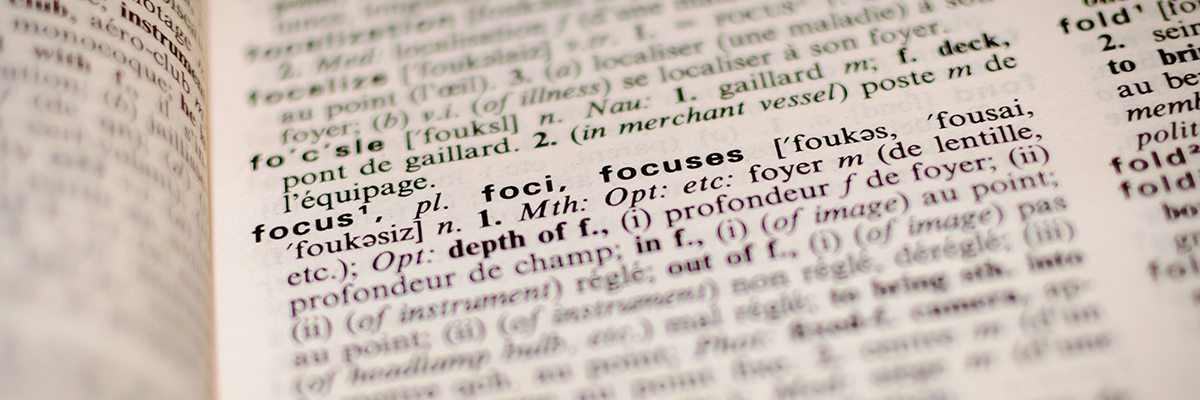

|
||||||
The course is aimed at anybody who wants to gain a qualification GCSE in English Language. When employers or colleges require a pass in GCSE English they usually mean a grade 4 or above. Consequently, all students will be entered for the examinations at the end of this course. Students will work with texts across a range of forms, such as letters, articles, speeches and leaflets. Texts range across fiction (paper 1) and non-fiction (paper 2) from the 19th, 20th and 21st centuries.
This course is designed for students who have not previously taken GCSE English, or have previously achieved a grade 1-3 (C or less) in their English Language qualification. It is recommended that students have a strong interest in this subject and recent study experience.
Classes run on a weekly basis and homework tasks will be set to support topics studied. This course is very fast-paced and will require you to spend approximately two to three hours a week on independent reading, preparing material or writing assignments.
As part of this course you will cover areas such as:
You will have access to lectures and seminars run by qualified Lecturers. You will also work with powerpoint lectures, handouts, textbooks and online resources such as Moodle and the internet. Throughout the course students will work both independently and participate in group or whole-class activities.
The course is assessed through 2 examinations, both containing reading and creative writing, worth 50% each. You will also be assessed through a short in-class presentation for Speaking and Listening which will complete the topics of qualification for this unit.
A grade 4 in GCSE English is invaluable to many employers. Students may also wish to continue on to another college course that may require a pass at GCSE English.